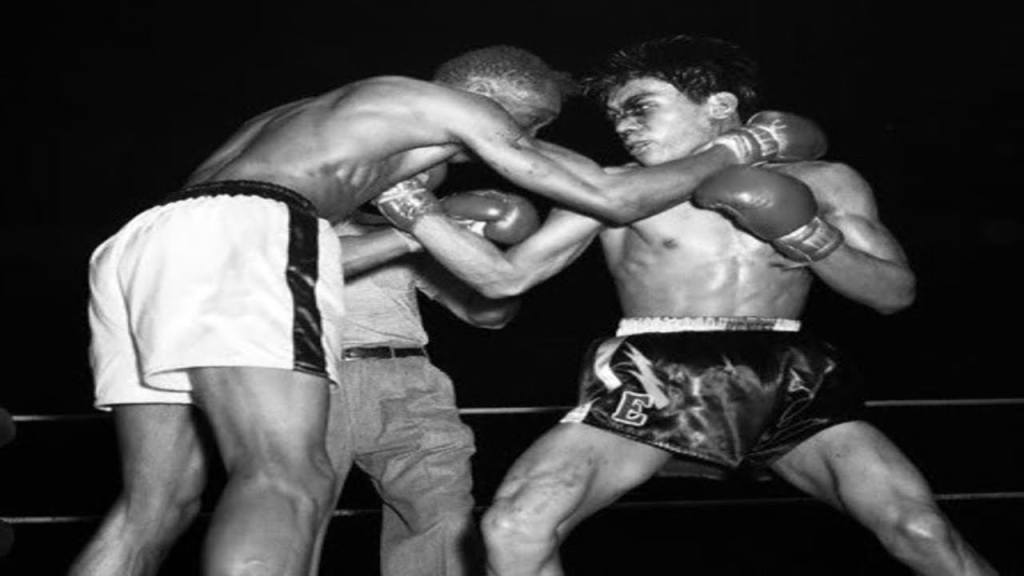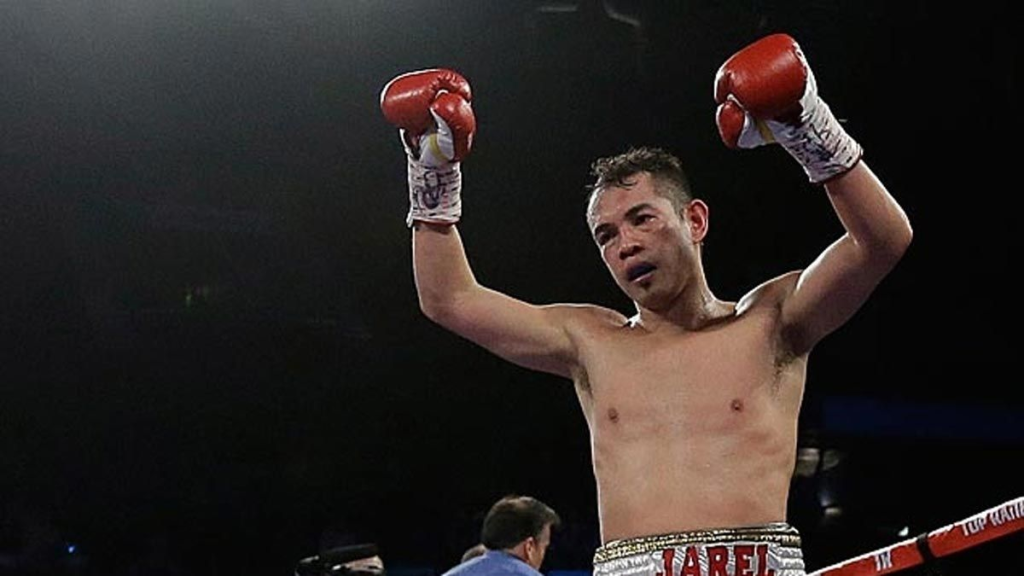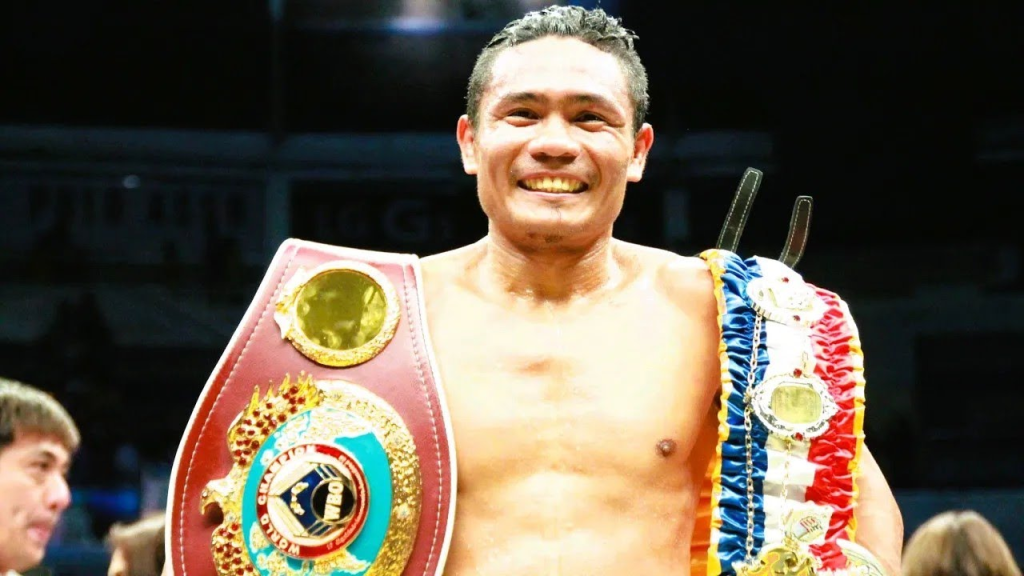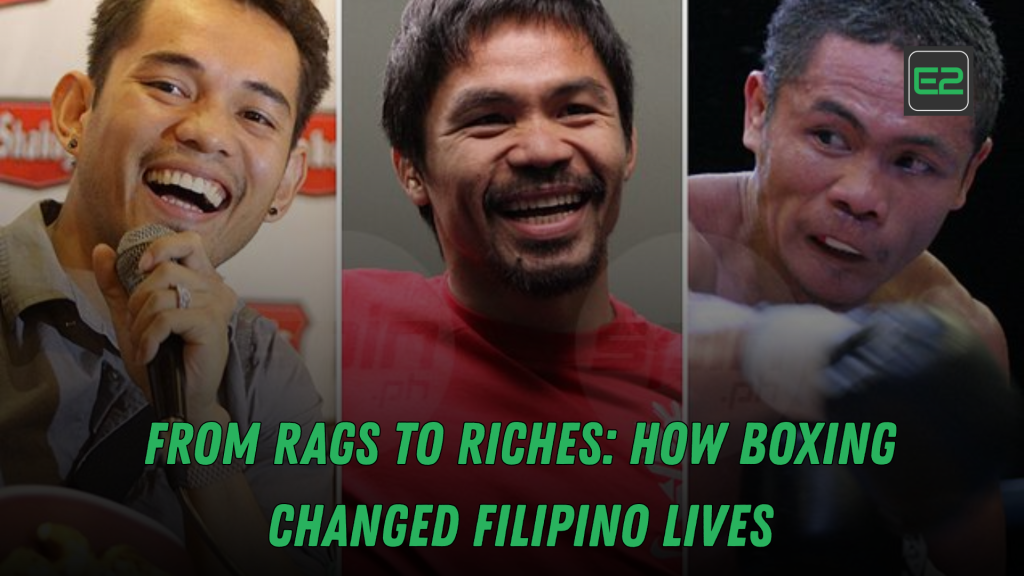Table of Contents
A Sport of Struggle and Triumph
Boxing in the Philippines is more than just a sport — it’s a story of resilience, survival, and social mobility. For many Filipinos, especially those from impoverished backgrounds, boxing has served as a lifeline out of poverty, offering hope where there was none. From makeshift training camps in remote provinces to championship belts in Las Vegas, boxing has transformed countless lives.
This article explores how boxing has empowered Filipinos to rise from rags to riches, spotlighting personal success stories, cultural impact, and why this combat sport remains deeply rooted in the Filipino identity.
The History of Boxing in the Philippines
Boxing was introduced to the Philippines during the American colonial period in the early 1900s. It quickly spread across the archipelago, with Filipinos embracing the sport’s raw intensity and competitive nature.
By the 1920s, the Philippines was producing world-class boxers, and by 1923, Pancho Villa became Asia’s first world champion. Since then, boxing has evolved into a national passion, second only to basketball in popularity — but perhaps first in impact on personal lives.

Why Boxing Became the Path Out of Poverty
1. Low Entry Barrier
Unlike other sports that require expensive gear or structured facilities, boxing needs only:
- A pair of gloves (or none at all, in early training)
- A willing heart and strong discipline
- A local gym, or even just an open space
This made it accessible to the poorest Filipinos, especially in provinces where opportunities were scarce.
2. Quick Recognition
While climbing the ladder in many careers can take decades, boxing offers faster paths to fame and income for talented fighters. A few successful amateur bouts can lead to sponsorships, management deals, and even international exposure.
Real-Life Rags to Riches Filipino Boxers
1. Manny “Pacman” Pacquiao
- From: General Santos City, selling bread and sleeping in gyms
- To: 8-division world champion, senator, billionaire icon
Pacquiao’s journey is the ultimate rags to riches story. He left home at 14 to pursue boxing, endured hunger and hardship, and fought his way to global stardom. Today, he is a symbol of hope for millions of Filipinos, proving that anything is possible with grit and faith.

2. Nonito Donaire
- From: Rural Bohol, raised in the U.S. with Filipino values
- To: 4-division world champion known as “The Filipino Flash”
Donaire overcame bullying and identity struggles in his youth. Boxing gave him purpose and pride, helping him earn respect both in and out of the ring.

3. Donnie “Ahas” Nietes
- From: Utility worker in a boxing gym in Murcia, Negros Occidental
- To: Longest-reigning Filipino world champion
Nietes started by cleaning gyms and wrapping fighters’ hands. Eventually, he stepped into the ring himself and made history — proof that humble beginnings don’t limit great futures.

Economic Impact on Boxers and Their Families
A successful boxing career can change not just one life, but an entire family’s trajectory. Earnings from fights, sponsorships, and endorsements can:
- Pay for siblings’ education
- Build homes in rural areas
- Start businesses after retirement
- Uplift entire barangays
This is why many young boys — and increasingly girls — pursue boxing. It’s not about fame; it’s about financial freedom and dignity.
Global Recognition, Local Impact
Filipino boxers aren’t just local stars — they’re global warriors. Their wins bring pride to the nation, and their underdog stories resonate with fans worldwide.
When a Filipino boxer steps into the ring abroad, he carries more than just gloves — he carries:
- The hopes of his family
- The prayers of a nation
- The spirit of a people known for heart, courage, and resilience
Boxing and the Filipino Spirit
Boxing mirrors the Filipino way of life:
- You may fall, but you always get back up.
- You fight with everything, even when the odds are against you.
- You honor your roots, even as you reach new heights.
Whether it’s in a dusty gym in Mindanao or under the bright lights of Vegas, every Filipino boxer fights with a purpose bigger than himself — for country, for family, for redemption.
Challenges Along the Way
Not every story ends with glory. Many Filipino fighters struggle with:
- Corrupt promoters
- Lack of medical care
- Poor retirement planning
- Mental health after fame fades
There’s growing awareness now for athlete protection, better contracts, and post-career support — because these warriors deserve dignity beyond the ring.
How Boxing Continues to Change Lives Today
With programs like:
- PSC Amateur Boxing Initiatives
- Barangay-level training camps
- Support from private gyms and NGOs
…the next generation of boxers is already rising.
Even without becoming world champions, boxing teaches them:
- Discipline
- Confidence
- Emotional strength
Skills they carry into any profession — from security work to business to mentoring others.
Final Thoughts: More Than a Sport
Boxing is a mirror of Filipino life — hard, honest, and heroic. It has lifted countless families out of poverty, built hometown pride, and shown the world what Filipinos are made of.
From the streets of GenSan to the MGM Grand, from dusty gloves to golden belts, boxing continues to punch through poverty and build purpose.
💬 Call to Action
Do you know a local boxing hero in your barangay?
💥 Share this article and tag them in the comments.
📲 Follow us for more inspiring stories of Filipino grit and greatness.
🏅 Let’s continue to support grassroots boxing — where the next champion is already training.
